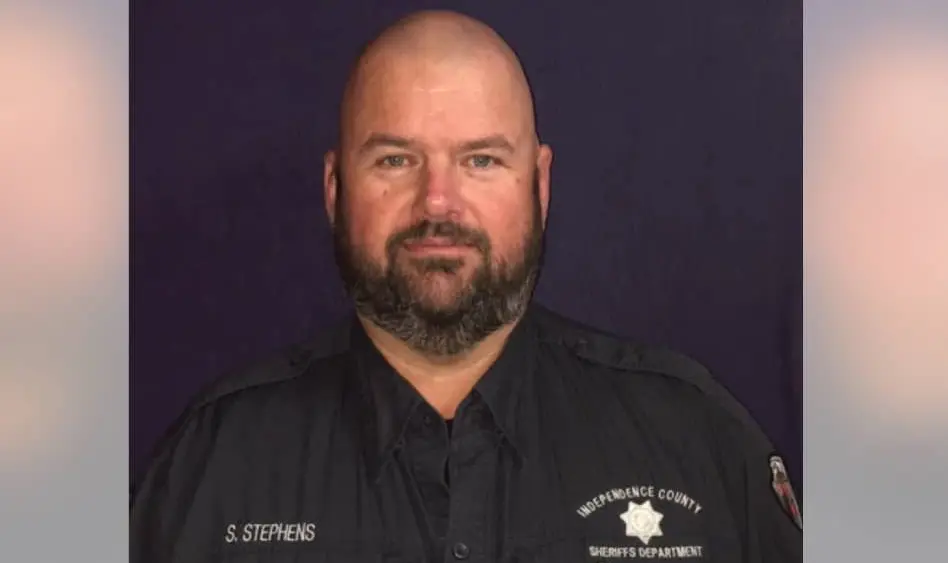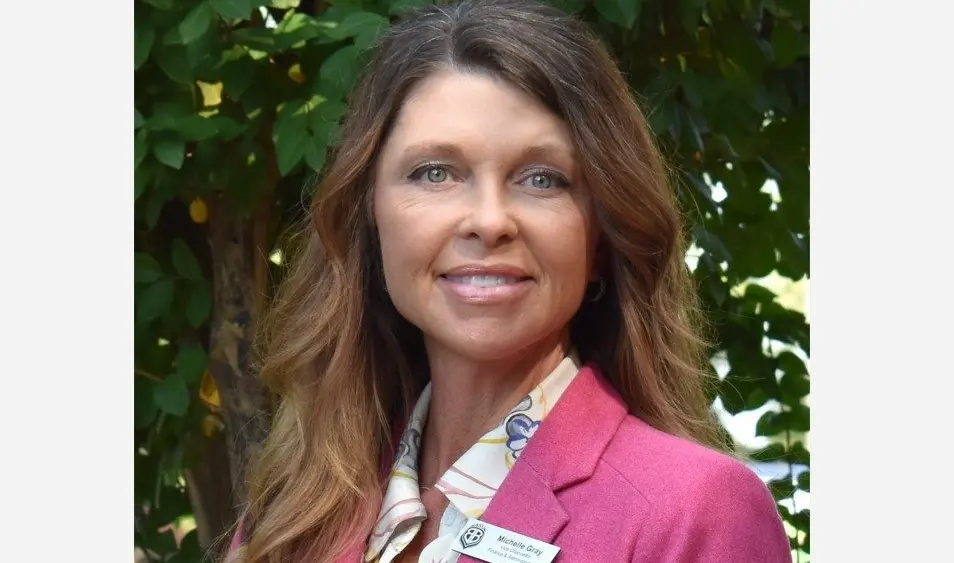A Quitman woman has been sentenced to four years’ probation after admitting she illegally excavated a Native American archaeological site in the Ozark-St. Francis National Forest and removed human skeletal remains.
Kristy Loree Gordon, 43, was sentenced to four years’ probation for the excavation and removal of archaeological resources, including human skeletal remains, from public land at a known Native American site.
Jonathan D. Ross, U.S. attorney for the Eastern District of Arkansas, announced the sentence, which U.S. District Judge D.P. Marshall Jr handed down Tuesday.
Gordon was indicted by a federal grand jury on June 6, 2023, in a one-count indictment charging her with excavating, removing, damaging, and otherwise altering and defacing an archaeological resource located on public lands. On March 13, 2025, she pleaded guilty to the charge.
According to a release from Ross, an investigation revealed that on Nov. 19, 2020, the Stone County Sheriff’s Office received a report of possible human skeletal remains discovered by hikers around the Pouge Springs area in the Ozark-St. Francis National Forest.
When deputies and U.S. Forest Service officers arrived, Gordon told them she and another hiker had located possible human skeletal remains off a trail while digging into wet soil with a stick. She said she covered them with dirt and notified law enforcement.
Officers observed extensive excavation in the area, with many dug holes. A U.S. Forest Service archaeologist who accompanied them said it was a known Native American site and no permits had been issued for excavation. The scene was processed, and the skeletal remains — including a partial skull, tools, and tool fragments — were collected.
In an interview with Forest Service agents a few days later, Gordon admitted she had not told the truth in her first written statement. In a second statement, she said she went to the site to dig for artifacts after hearing it was a good location. She admitted digging 1.5 feet down, where she found bones and brought them home.
Gordon said that while cleaning the bones, she realized she had a human skull. She said she returned the skull to the site, covered it with dirt, and prayed over it before reporting the discovery to law enforcement.
During a search of Gordon’s home, officers found a large collection of Native American artifacts, including an archaic knife. Forest Service agents identified the knife as a funerary object, meaning it was believed to have been placed with remains as part of a death rite or ceremony. Gordon admitted she had removed the knife with the remains. The knife and other objects were collected as evidence. A skull fragment was also found outside her home, where she said she had washed the bones.
Investigators obtained a warrant for Gordon’s Facebook account, which showed that on the day she contacted the Stone County Sheriff’s Office, she shared photos of human remains — including a partial skull — with other people.
Native American remains and funerary objects are protected under the Native American Graves Protection and Repatriation Act of 1990. As part of her plea agreement, Gordon agreed to pay restitution totaling $16,135.32 for restoration and repair of the site.
The investigation was conducted by the U.S. Forest Service with help from the Stone County Sheriff’s Office. The case was prosecuted by Assistant U.S. Attorney Erin O’Leary.
Have a news tip or event to promote? Email White River Now at news@whiterivernow.com. Be sure to like and follow us on Facebook and Twitter. And don’t forget to download the White River Now mobile app from the Google Play Store or the Apple App Store.
Get up-to-date local and regional news/weather from the First Community Bank Newsroom on Arkansas 103.3 KWOZ every weekday morning and afternoon. White River Now updates are also aired on weekday mornings on
93 KZLE, Outlaw 106.5, and Your FM 99.5. Catch CBS News around the top of every hour on 1340 KBTA.







